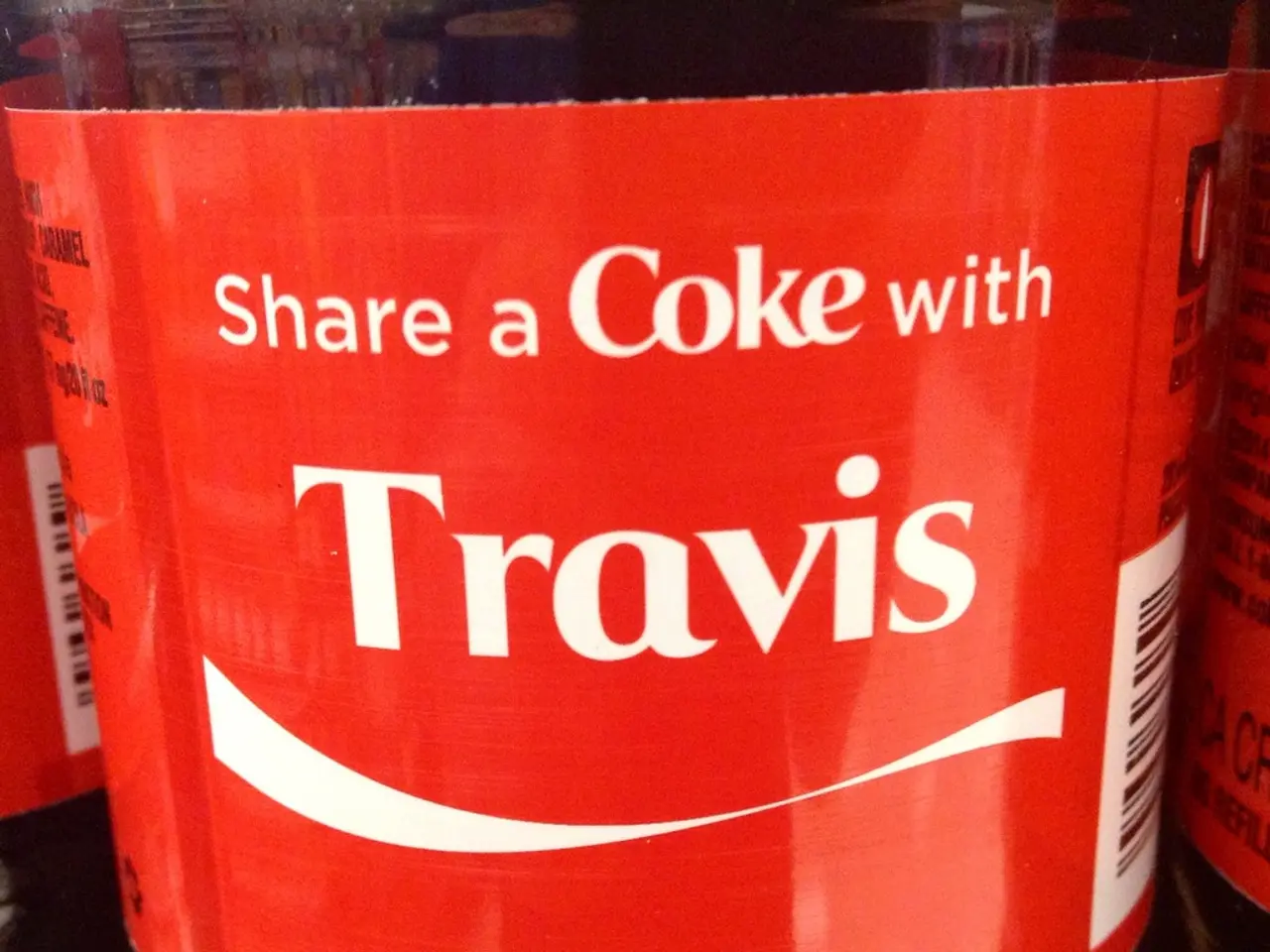Imminent Deportation Looms; Concerns Grow Among Parent and Daughters over Cartel Dangers in Mexico
In Montreal, a single mother named Maribel is fighting for her life and the safety of her two daughters. Maribel, who hails from Mexico, is due to be expelled from Canada on August 12, 2024, along with her 11 and 16-year-old daughters.
Maribel's ordeal began in 2018 when her countryside house in Veracruz, southern Mexico, was invaded by two armed men who identified themselves as members of the Jalisco Nueva Generación cartel. They attacked a close relative of Maribel, stole money, the family vehicle, and personal belongings, and threatened her.
Following the incident, Maribel fled to Canada to join her husband, from whom she is now separated. However, their life in Canada has not been without its challenges. Maribel and her family have been living in Montreal, working, paying taxes, and attending school. Yet, they have been facing ongoing threats from the cartels.
In 2022, they received an unsigned extortion letter threatening to attack Maribel and her children if they did not send a large sum of money. Maribel states that the cartels are entrenched everywhere in Mexico, and it is not understood outside of the country just how powerful they are. She does not see any option where she can live without threat in Mexico.
Sadly, Maribel's asylum application, submitted in winter 2023, was rejected by the Canadian Immigration and Refugee Board (IRB) in April 2024. The rejection was based on a lack of evidence proving a "clear connection" between the 2018 and 2022 events and the involvement of the Jalisco Nueva Generación cartel in the threats against her family.
However, Maribel's case has not gone unnoticed. The director of social intervention at Collectif Bienvenue, Maryse Poisson, has criticized the IRB for not taking violence in Mexico seriously enough, particularly in the case of Maribel and her daughters. The Quebec Solidaire MNA critic for immigration, francization, and integration has also deplored that the "superior interests" of Maribel's two children have not been taken into account by the IRB.
In a rare move, Guillaume Cliche-Rivard, a provincial deputy of Saint-Henri-Sainte-Anne, has offered his support to the family. A new recourse, called ERAR, allows for a re-evaluation of the risks associated with the expulsion of a refused asylum seeker. Maribel's supporters are hopeful that this process will provide a chance for her case to be reconsidered.
As of now, more than 142,000 people are waiting for permanent residence in Quebec. Maribel's story serves as a stark reminder of the complexities and challenges faced by asylum seekers, particularly those fleeing cartel violence. For Maribel and her daughters, the fight for safety and a better life continues.
- The complexities and challenges of asylum seekers, such as Maribel and her daughters, who are fleeing cartel violence, are highlighted by Maribel's ongoing battle for safety in Quebec, where she is currently facing potential expulsion from Canada on August 12, 2024.
- In the midst of general news and politics, the health-and-wellness of Maribel, a single mother, remains at risk due to her fight for asylum in Canada, with her case bringing women's health and immigration to the forefront of discussions.
- As Maribel's story unfolds, the science of criminology is hinted at as the power and reach of organized crime, such as the Jalisco Nueva Generación cartel, becomes more apparent, underscoring the entrenched nature of crime-and-justice issues in Mexico.




